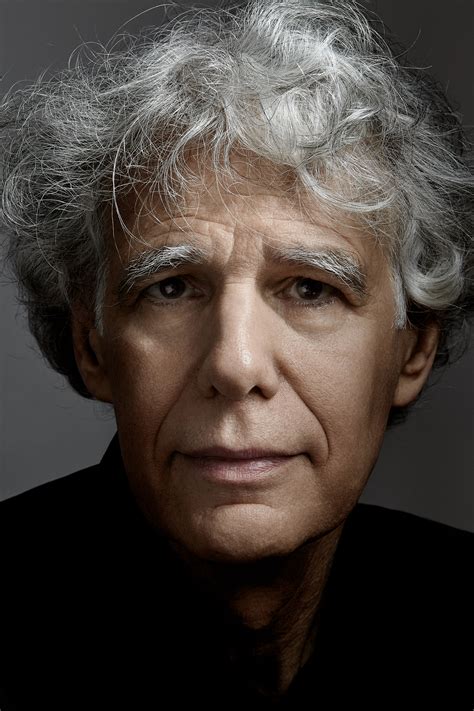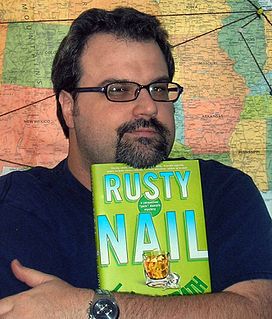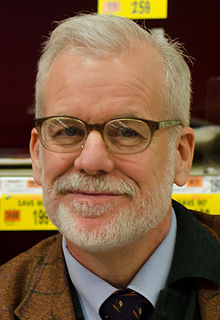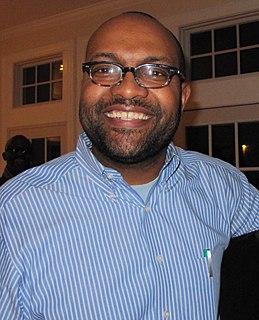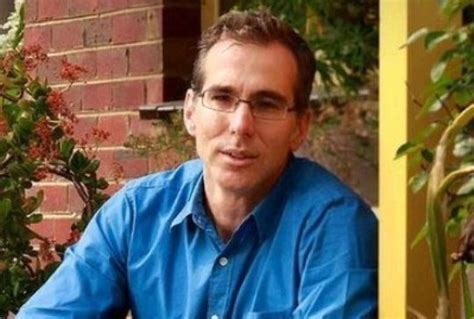A Quote by Thomas Hauser
The standard publishing contract is replete with clauses that strip authors of control over their books.
Related Quotes
Teachers and librarians can be the most effective advocates for diversifying children's and young adult books. When I speak to publishers, they're going to expect me to say that I would love to see more books by Native American authors and African-American authors and Arab-American authors. But when a teacher or librarian says this to publishers, it can have a profound effect.
Unbeknownst to me, two readers of the posts, both published authors, contacted their agent, Bill Jensen, within 24 hours of each other, encouraging him to drop me a line. Which he did. He shared his extensive publishing background with me, and prayerfully offered to work out a proposal and to see if God opened any publishing doors? I never get over the unexpected ways of God.
